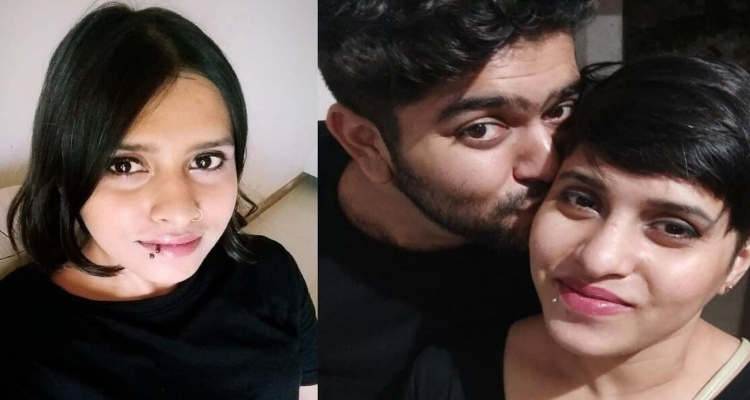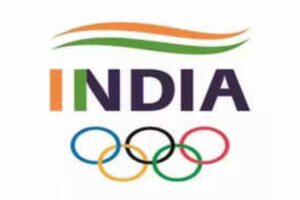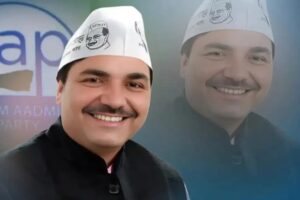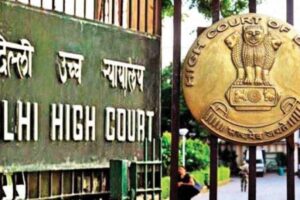
The Delhi High Court on Tuesday declined to issue directions regarding the scheduling of dates in the Shraddha Walker murder case, despite accused Aaftab Amin Poonawala’s claims that the “haste” in the trial was prejudicial to him.
Poonawala’s counsel requested that the high court instruct the trial court to examine crucial witnesses only in the presence of the primary defense lawyer and to provide adequate time for preparing for cross-examination. The lawyer argued that despite objections to the “speed” of the proceedings, which were held for full days over ten days each month, he was unable to attend the witness examinations.
Shraddha Walker, who was in a live-in relationship with the accused, was allegedly strangled by Poonawala on May 18, 2022. According to the 6,629-page chargesheet filed by Delhi Police in January last year, Poonawala allegedly dismembered her body, stored the parts in a fridge, and disposed of them in isolated locations across the city over several days to evade capture. The body parts were discovered later.
In an order issued earlier this month, Additional Sessions Judge Manisha Khurana Kakkar noted that out of the 212 prosecution witnesses, 134 had been examined. She emphasized the need for consecutive hearings to examine several outstation witnesses. Judge Kakkar remarked that the request by the accused for only two hearing dates per month seemed to be a tactic to delay the trial, given the large number of prosecution witnesses and the considerable time required to record their lengthy testimonies, especially those of police witnesses.
Judge Kakkar pointed out that recording the testimony of police witness Constable Deepak required seven dates, and limiting hearings to two dates each month would “severely prejudice and protract the trial.” Special Public Prosecutor Amit Prasad opposed the request, arguing that it would significantly delay the proceedings.
The court observed that substantial witnesses had been examined and material witnesses were yet to be heard, following the filing of the supplementary challan and the main chargesheet. It concluded that the accused seemed to be intentionally delaying the trial. The court also noted Vikas Walkar’s plea for the expedited release of the seized bones for Shraddha’s last rites, stating that the accused’s right to a fair trial could not override the victim’s right to a dignified cremation and her father’s right to cremate her with respect.
While the court ruled that the remains could not be released immediately as police witnesses involved in the “alleged recovery of bones” were still to be examined, it acknowledged the father’s right to cremate his daughter. The court decided that the matter would be addressed expeditiously with consecutive hearing dates each month to conclude the prosecution evidence, after which some of the bones may be released for cremation at an appropriate stage of the proceedings.
Poonawala has been charged under sections 302 (murder) and 201 (causing disappearance of evidence of offence) of the Indian Penal Code. A supplementary chargesheet of approximately 3,000 pages, primarily consisting of digital and forensic evidence, was filed in May this year.




